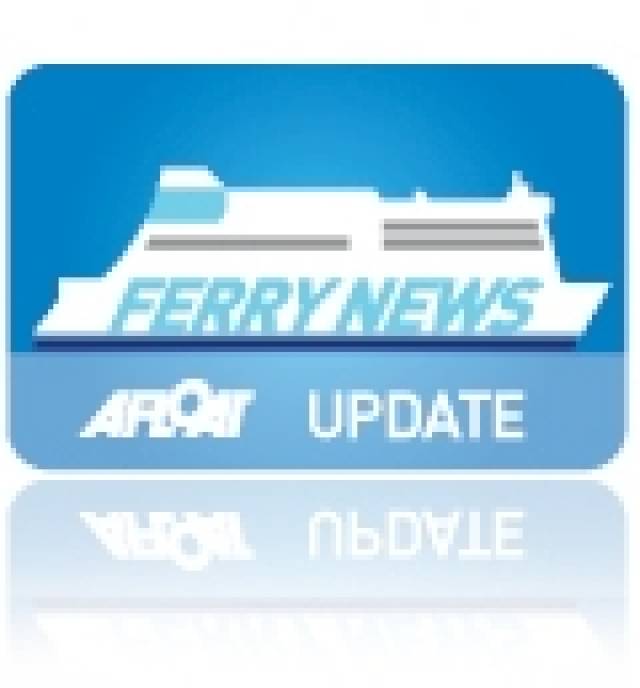#TTracesFerry- The UK Bank Holiday last Monday, was the first day that the Isle of Man Steam Packet Company accepted bookings for the TT Races (in 2015) and where a substantial increase in traffic was booked compared with last year.
According to the ferry operator, almost 7,000 passengers booked to travel in just 10 hours. The timeframe involved reservations been made from 8.30am and by close of business at 6.30pm, more than 2,500 bookings had been completed.
This level of bookings for the 2015 event equated to an increase of more than 41% compared with the first day of TT bookings in 2013. This year's TT Races are already underway as the fortnight event continues to 6 June.
Initial figures show 6,957 passengers booked for the 2015 TT when reservations opened, compared with 4,314 last year. The number of motorcycles booked increased to 3,452, from 1,966, and the number of other vehicles, including cars and vans, increased from 647 in 2013 to 935 this year.
Almost 1,500 reservations were made by phone or in person, with more than 1,000 made through www.steam-packet.com
Next Saturday, as part of Afloat.ie's dedicated Ferry News section, a new Ferry Profile and interview feature will focus on Captain Allan Albiston, master of the Isle of Man Steam Packet Co's ro-pax Ben-My-Chree (1998/12,747grt).
The vessel recently returned to service fresh from a £1.6m overhaul and refurbishment of passenger facilities and crew accommodation.
Her Manx name when translated means 'Girl of My Heart' has been the workhorse for the company for more than 15 years. She operates the main link to the mainland between Douglas and Heysham.
In addition Ben-My-Chree occasionally operates on the seasonal-only operated Dublin-Douglas route and during the winter months to Birkenhead.































































